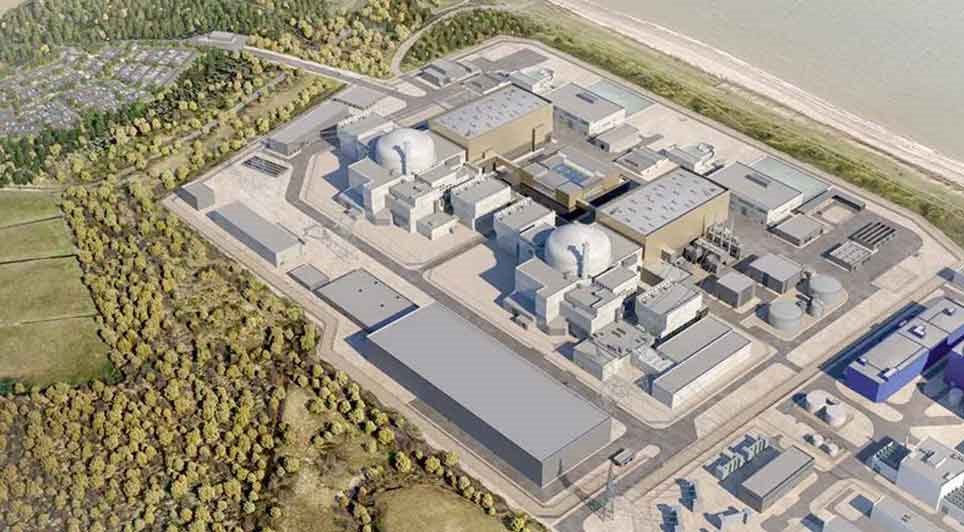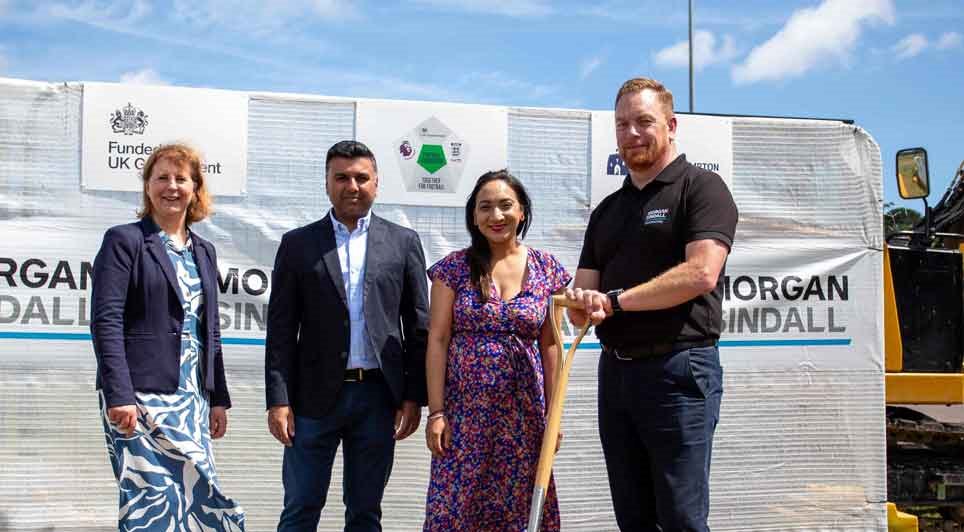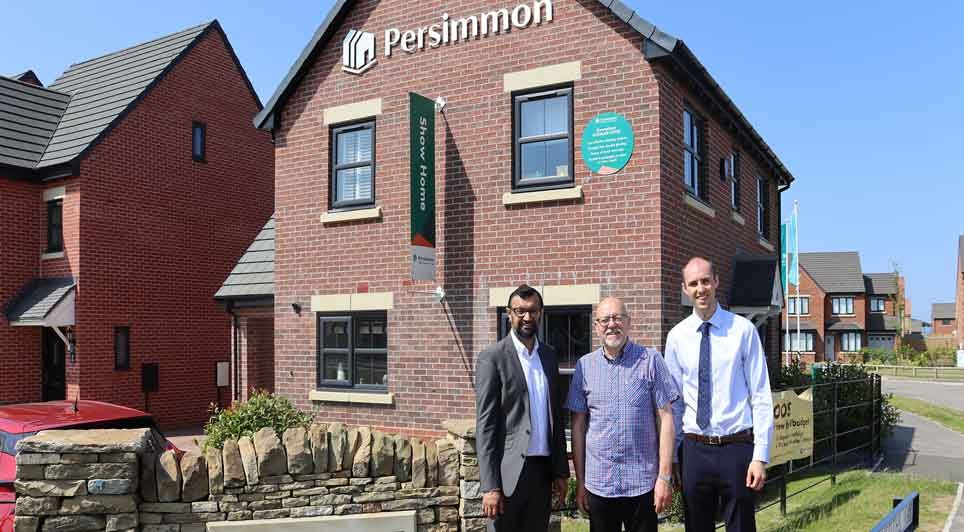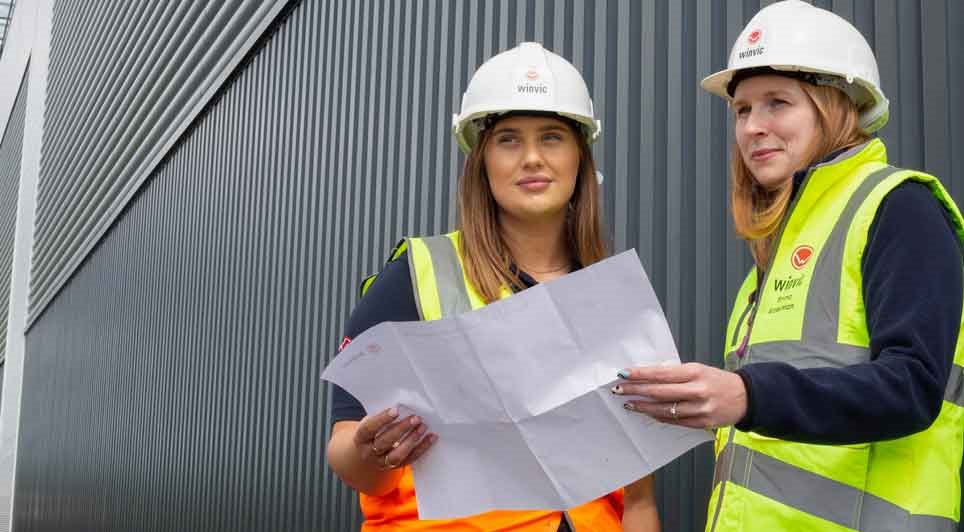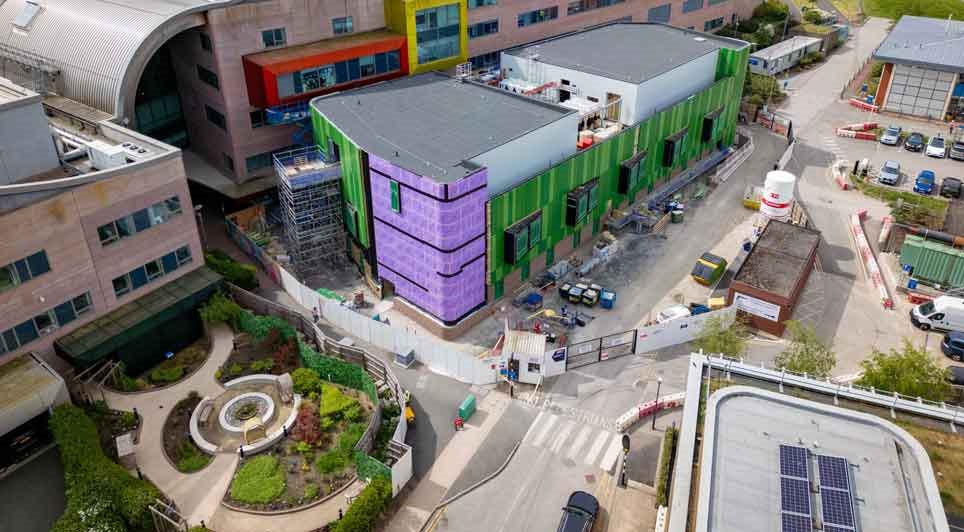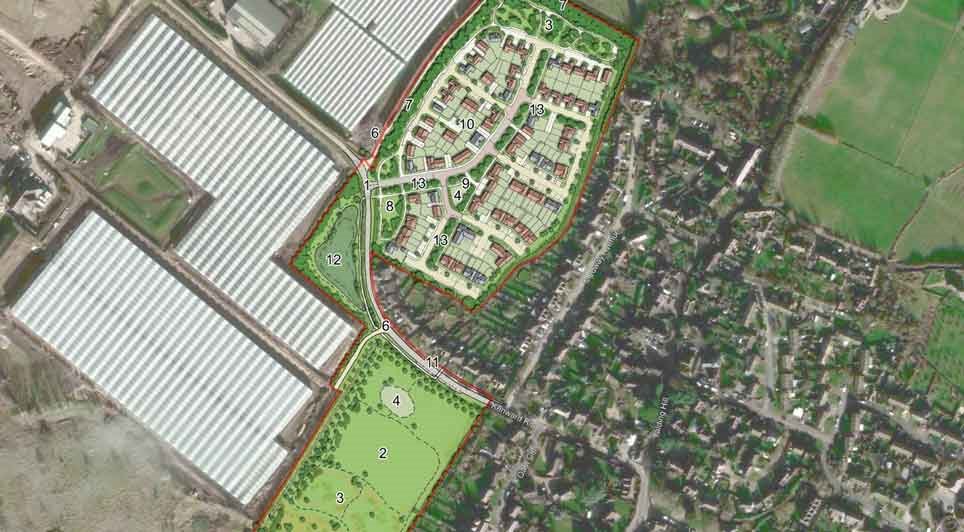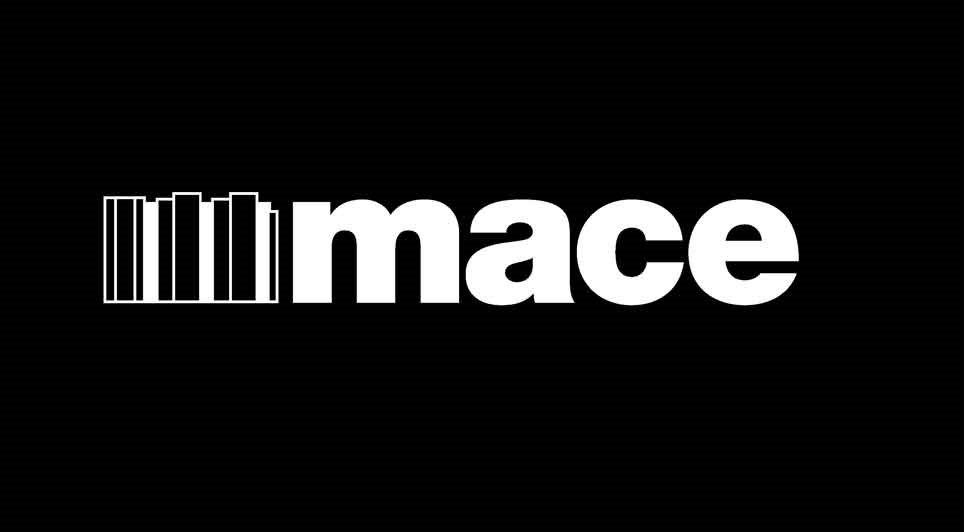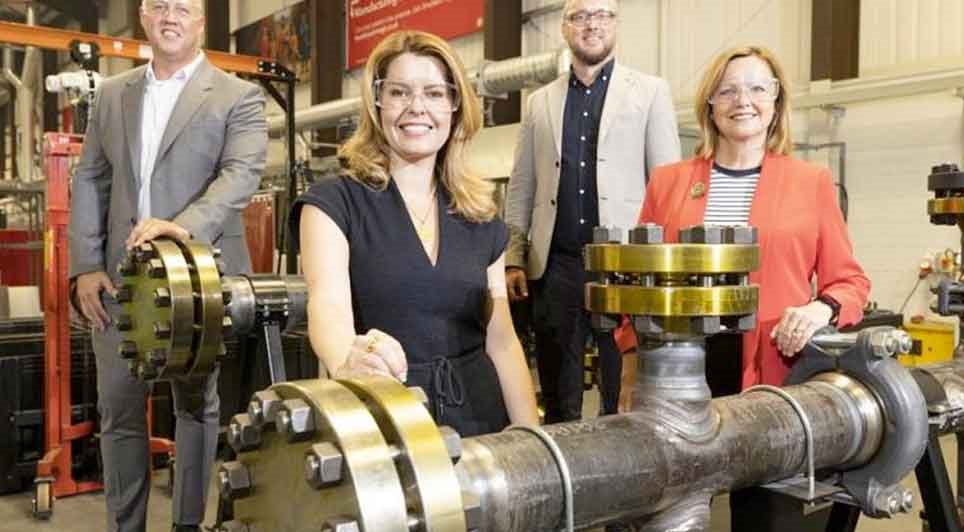The hub will provide a joined-up service so that people can make the most of the advice, support and funding that is accessible. It will work with the various agencies, including health and social services, who have contact with vulnerable people on a daily basis.
Other proposals in the plan include:
- Funding will be targeted at those most at risk from fuel poverty
- Early identification of those most vulnerable to fuel poverty so help can be provided as soon as possible
- The development of a new, improved programme to help householders reduce the impact of their fuel bills which will replace the Home Energy Efficiency Scheme (HEES)
- Low cost loans for energy efficiency from credit unions
"That is why we need a new approach. We will now focus our efforts on those most struggling to heat their homes and pay their energy bills. We want to shield the most vulnerable from the impact of volatile energy prices and make the most of the resources we have at our disposal.
"This new plan is about identifying those most at risk as early as possible and making sure they have access to the help that is available. At the heart of our new approach is ensuring all the available support is joined-up and coordinated and that the help is reaching the right people. We want to create a central hub which will manage all referrals. Advice is already widely available from a number of sources, but we want to make this better coordinated, more easily accessible and provided in a format that best suits those looking for advice. A clear, central point of contact needs to be created so that people have access to the full range of help that is out there."
The revamped HEES scheme will include a whole house assessment of the most suitable improvements for a particular property. This will involve a whole life assessment of the benefits against the costs of installing energy efficiency measures.
(CD/GK)
 UK
UK Ireland
Ireland Scotland
Scotland London
London

.gif)


